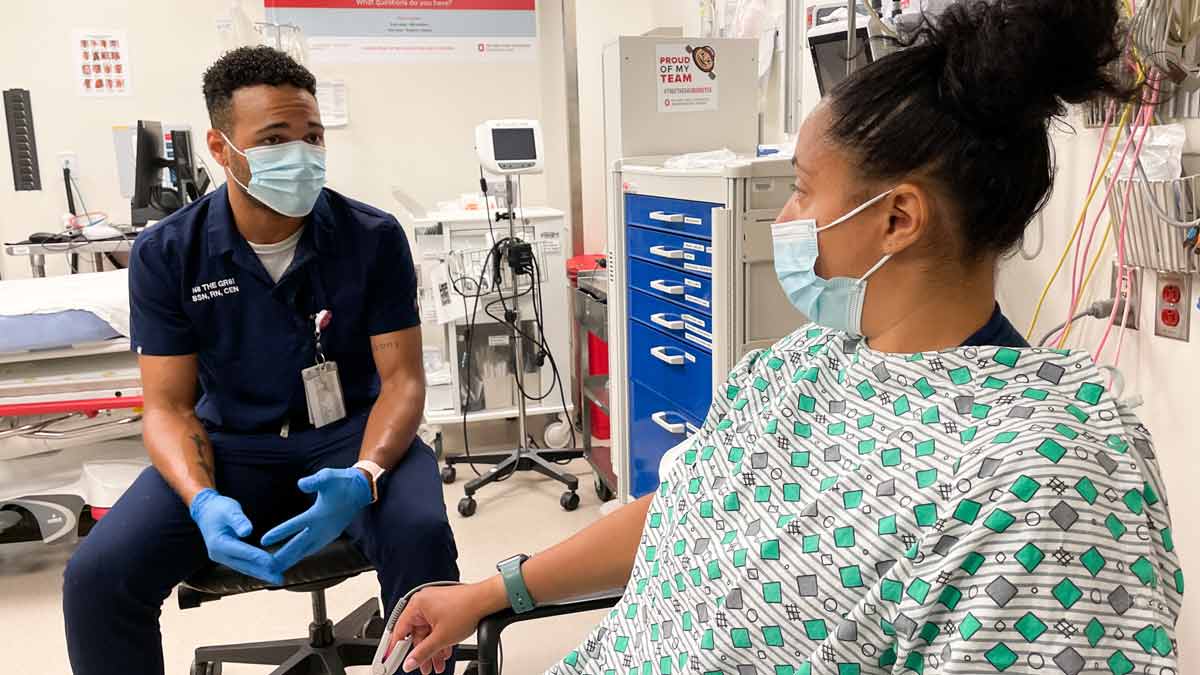What medical issues should you share with coworkers?

Your place of work is often the place you spend the second most amount of your time, after your home. The people you work with know a lot about your personal life, like what your spouse's name is, how many kids you have and what area you live in. One thing that can be uncomfortable to share is information about your health.
What medical issues should be or are OK to share with coworkers?
Start by addressing some practical matters. If you have an acute contagious illness, especially one spread in a respiratory or gastrointestinal manner, you should share this information with your coworkers. With these types of illnesses, you’re often contagious even before you show symptoms. Before you knew you were sick, you could have already infected your coworkers. A specific example here would be influenza, since it’s spread through droplets in the air up to 24 hours before symptoms appear and can ravage an entire office quickly. Sharing that you have the flu may arm your coworkers with knowledge they can use to seek treatment sooner than they would otherwise, which might stave off more serious illness.
How comfortable are you with your coworkers?
After determining what you should share because of possible contamination, sharing becomes a question of what you’re comfortable with and how well you know your coworkers. You should take into consideration how your specific illness will affect your ability to perform your job. Some employees are very private people. They’d rather not share any personal information unless they absolutely have to. However, in this modern age of social media, I suspect the majority of employees are more inclined to let as many people as possible know personal details. There may be very good reasons to be cagey about an illness. Although many forms of discrimination are actually illegal, many people still face discrimination in the workplace from coworkers or supervisors based on their medical history.
Since we spend such a large portion of our lives interacting with our coworkers, many times these individuals become close friends. Sharing intimate medical details may be easier in that situation, since you might not think of your coworker as a fellow employee, but rather a trusted companion. Often, that wouldn’t be the case with a supervisor, however.
Sharing medical information with your supervisor
When it comes to sharing medical issues with a supervisor, I’d recommend being forthcoming in regard to how your issues may impact your ability to do your job. That way accommodations can be planned in advance and taken advantage of when needed. In that situation, you might consider starting with what the accommodation is such as "I'll need to leave for appointments on such and such schedule" before delving into the nitty gritty medical details. Then each piece of information is revealed on a need-to-know and case-by-case basis.
Large employers often have an Employee Assistance Program (EAP) that may help guide you through the process of telling your coworkers and supervisors about a serious illness. I recommend taking full advantage of these types of programs. I also recommend finding a trusted colleague or mentor that you do feel comfortable sharing more intimate medical details with, if for no other reason than to build your overall support system. In the end, that’s what you’ll need the most when facing serious medical issues.
Matthew Farrell is a family medicine physician at The Ohio State University Wexner Medical Center.




